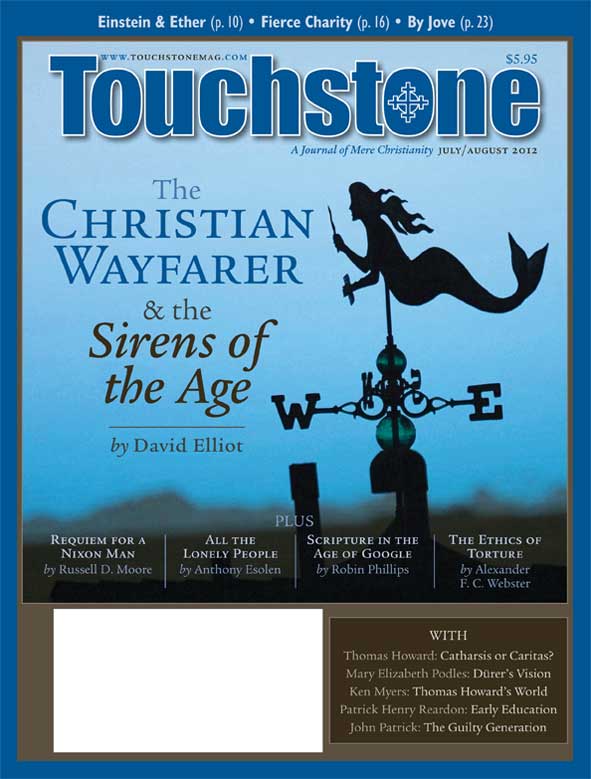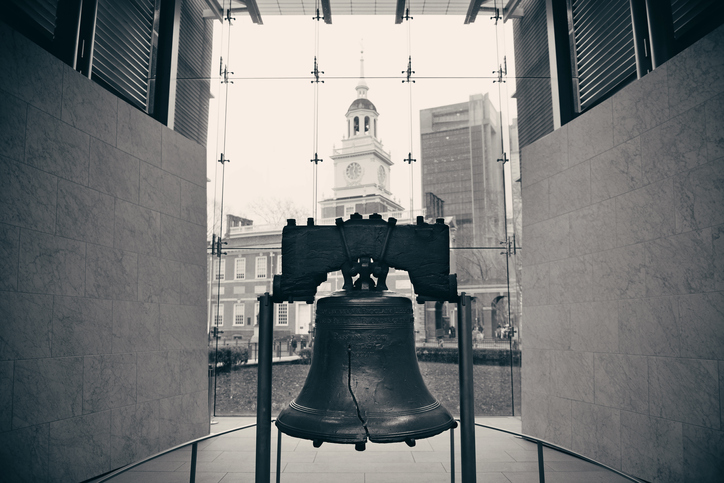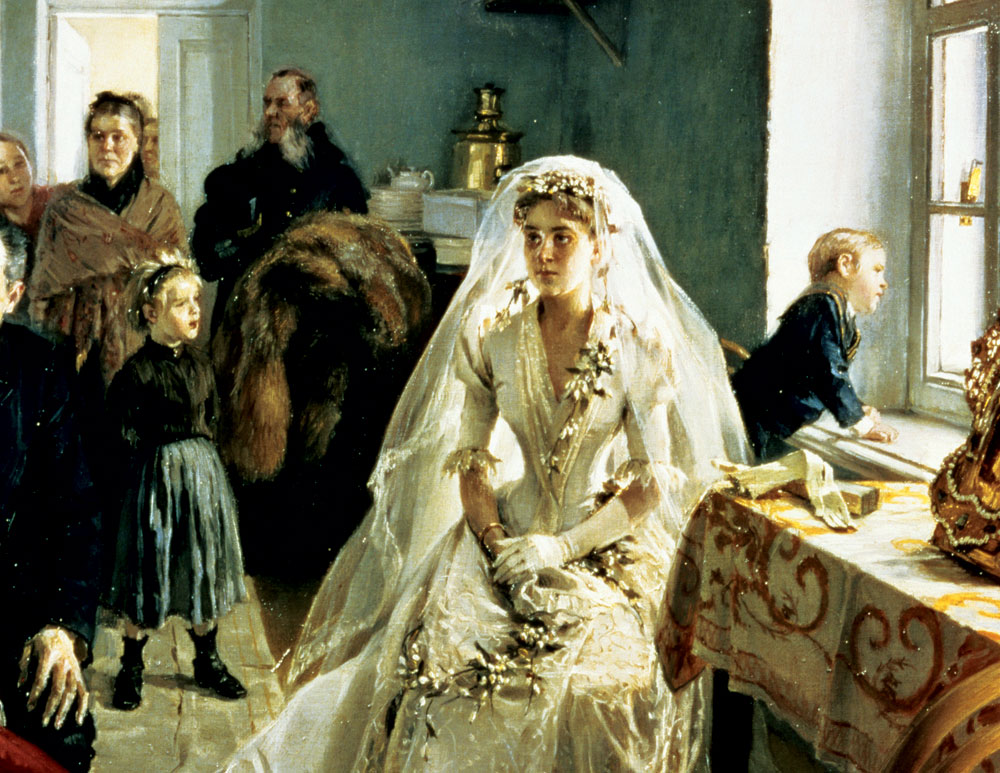Changed Agents
Without Conversion We Labor in Vain
The Economist devoted its usual back-page obituary on April 28, 2012, to Chuck Colson. It seemed to come from a secularist mindset that Colson knew all too well.
It begins by noting that those who knew Colson "said he never changed much, to look at, from the age of 18 to the age of 80." That ends up, for The Economist, being the key to understanding Colson.
We're told about a crude frat-house challenge Colson made up for new members, his bulldog determination to get into the Marines and to fight in Korea, and his thuggish ways in Boston politics. We are reminded of Colson's mistreatment of political opponents in his service to Richard Nixon beginning in 1969 ("he was soon in charge of dirty tricks"), and his "dog-eat-dog" mentality in the White House.
What drove Colson? It was "the fulfillment of his life" to be the president's point man, his hatchet man. "'The president wants to see you, Mr. Colson,' were words that set his spine tingling." By the 1972 election, Colson "planned total war against all that was leftist, peacenik, spineless, and immoral."
But then came Watergate, followed by his conversion to Christianity. The Economist notes that "Colson transferred his unstoppable, driving energies to another boss." When Colson's friend Tom Phillips read to him C. S. Lewis's words on the "spiritual cancer" of pride, "the old tingling started in Mr. Colson's spine." Later that evening came "floods of repentant tears." (The old tingling?)
Enemies suspected another Colson dirty trick to gain some advantage. "It took him three decades to convince the world that his conversion was sincere." A brief, straightforward account of Colson's successes with Prison Fellowship follows. It seems there's no denying the facts, including a big decrease in recidivism rates among those who took part in Prison Fellowship programs, which were run on "Christian principles."

Yet, for The Economist, Colson didn't really change all that much. For, you have to understand, just as Colson's physical appearance between 18 and 80 didn't changed much, so now, as a Christian, "many of his enemies were still the same. Immorality, secularism, pro-abortionism, lack of patriotism: all had to be battled." Colson had enlisted his Centurions to "change the culture," and he also founded a center to help a Christian worldview "take hold." The hatchet man was wearing a different uniform:
Behind the prayer language was still the boy whose pride had nearly burst his new suit as he gave his high school valedictory speech; and the low-class non-Brahmin Bostonian who, in his vast ceilinged office beside Nixon's had burned to destroy all non-believers in their cause and to make America great and good again. From Tricky Dicky to Jesus Christ was not, perhaps, as huge a change as everyone thought.
Chastened & Transformed
James M. Kushiner is the Director of Publications for The Fellowship of St. James and the former Executive Editor of Touchstone.
subscription options
Order
Print/Online Subscription

Get six issues (one year) of Touchstone PLUS full online access including pdf downloads for only $39.95. That's only $3.34 per month!
Order
Online Only
Subscription

Get a one-year full-access subscription to the Touchstone online archives for only $19.95. That's only $1.66 per month!
bulk subscriptions
Order Touchstone subscriptions in bulk and save $10 per sub! Each subscription includes 6 issues of Touchstone plus full online access to touchstonemag.com—including archives, videos, and pdf downloads of recent issues for only $29.95 each! Great for churches or study groups.
Transactions will be processed on a secure server.
more from the online archives
calling all readers
Please Donate
"There are magazines worth reading but few worth saving . . . Touchstone is just such a magazine."
—Alice von Hildebrand
"Here we do not concede one square millimeter of territory to falsehood, folly, contemporary sentimentality, or fashion. We speak the truth, and let God be our judge. . . . Touchstone is the one committedly Christian conservative journal."
—Anthony Esolen, Touchstone senior editor











